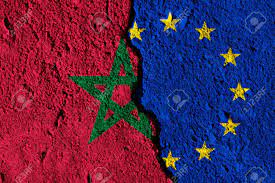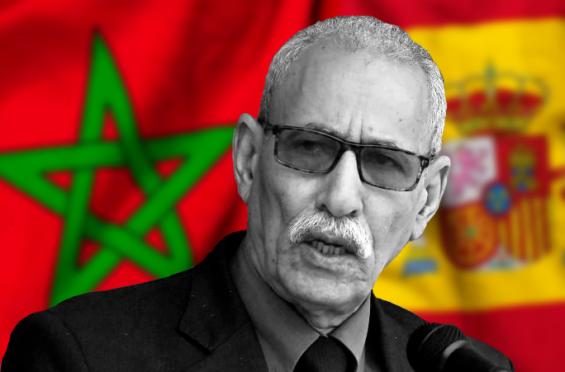 The European Union welcomed, on Tuesday, Morocco’s decision to definitively settle the issue of unaccompanied Moroccan minors in illegal situation in certain European countries.
The European Union welcomed, on Tuesday, Morocco’s decision to definitively settle the issue of unaccompanied Moroccan minors in illegal situation in certain European countries.
“I welcome this important announcement from Morocco today regarding the readmission of unaccompanied minors,” said Oliver Varhelyi, European Commissioner for Neighborhood and Enlargement.
“We will continue our close cooperation with Morocco to address migration challenges and promote our win-win bilateral partnership,” said the European Commissioner in a statement on his Twitter account.
The European Commissioner’s remarks came shortly after the Moroccan Ministries of the Interior and Foreign Affairs announced in a statement that King Mohammed VI reiterated his instructions to the two departments to definitively settle the issue of unaccompanied Moroccan minors in an illegal situation in some European countries.
The two departments recalled that the King had stressed, on several occasions, including to foreign heads of state, Morocco’s clear and firm commitment to readmit duly identified unaccompanied minors.
Morocco is ready to collaborate, as it has always done, with European countries and the European Union for the settlement of this issue, the statement said, adding that the Kingdom hopes that the EU and the countries concerned will be able to overcome the procedural constraints to facilitate this operation.
European news website “EU Political Report” commented on Morocco’s move to repatriate unaccompanied minors, underlining the Kingdom’s efforts to counter illegal migration that enabled to prevent more than 450,000 illegal migrants from reaching Europe during the past decade.
“Morocco is the first country to act on concerns about certain circles of civil society, or even criminal networks, which use the supposedly precarious conditions of minors as a pretext to exploit them,” the author of the article James Wilson pointed out.
Morocco is ready to collaborate, as it has always done, with European countries and the European Union, for the settlement of this issue, he stressed, noting that the Kingdom hopes that the EU and the countries concerned will be able to overcome the procedural constraints to facilitate this operation.
“Over the past decade, border control actions undertaken by the Kingdom of Morocco have required a budget of several billion euros in terms of operations, human resources and material investment,” he recalled, noting that the recent aid received from the EU represents less than 10% of the financial resources committed by Morocco.
“These large-scale efforts by the Kingdom of Morocco have made it possible to strengthen the border control system and neutralize the cross-border trafficking routes,” the author of the article underlined, adding that “these routes are used by illegal networks which carry all kinds of potential threats ranging from the infiltration of migrants to that of terrorists, jihadists and foreign fighters as well as drugs, arms and contraband trafficking.”
By drastically reducing migrants’ large-scale arrivals to Europe, Morocco continues to make a significant contribution to regional security, he said.
“Over the past decade, Morocco has prevented more than 450,000 illegal migrants from reaching Europe. The numbers speak for themselves,” he pointed out, adding that the Kingdom has prevented in the last 4 years more than 14,000 attempts by illegal migrants to reach Europe.
“During this period, Morocco exchanged over 9,000 pieces of intelligence information with Spain on illegal migration, and has dismantled 8,000 human trafficking cells,” Wilson stressed.


